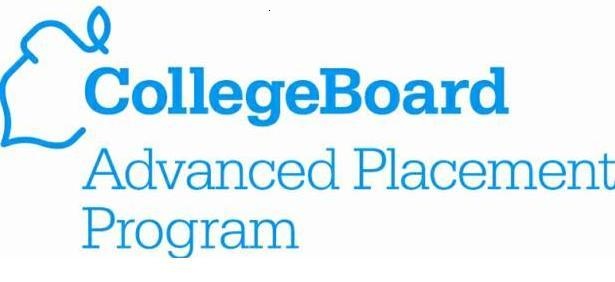Starting this school year, the College Board piloted its new Advanced Placement African-American Studies class, in 60 schools across the country. The course has found itself under scrutiny from Florida governor Ron DeSantis, who has banned the course from being taught in the state of Florida.
The Florida Department of Education said the overall course “significantly lacks educational value,” and DeSantis accused the College Board of trying to promote a “political agenda” through individual units of the course that dealt with topics like queer theory. As the ongoing feud with the College Board escalates, DeSantis has even insinuated that he might ban any Advanced Placement courses from being taught in the state of Florida.
The College Board has made revisions to the course, lessening or outright removing the influence of modern topics that came under fire from Florida Republicans, such as the Black Lives Matter movement, from the mandatory main curriculum. The College Board claimed these revisions were in response to feedback from the pilot course, and not the response from Florida, saying in a press release “Our commitment to AP African American Studies is unwavering.”
DeSantis’ decision to ban the course has been met by pushback from as high as the White House. During a White House press briefing on January 20th, White House Press Secretary Karine Jean-Pierre called the ban “incomprehensible…It is not our place to be involved in any local school curriculum, but this is concerning.”
Teachers currently piloting the course in other states, such as Darren Williams from McLain High School in Oklahoma, have also voiced their support for the course.
“This course is actually a step towards educational justice,” said Williams In an interview with EdWeek. “This history, African American history, is American history. It is world history.”
Khalil Gibran Muhammad, Ford Foundation professor of History, Race, and Public Policy at Harvard University’s Kennedy School of Government, disagreed with the notion that the course lacks educational value.
“[DeSantis’] claims are an open attack on everything that African American studies has fought hard to achieve, both in its position within higher education and the histories of the people who make contributions that African American studies both acknowledges and is built upon,” said Muhammad in an interview with The Harvard Gazette.
All schools will be able to offer AP African-American Studies in the 2024-25 school year, with the first AP exams being conducted in the 2025-26 school year. Could the class make its way into our Program of Studies?
“Really the question when offering any new course is do we have enough interest, do we have the staff to teach it, and if we have both, how does it fit in the existing fabric of the courses that we offer,” said Ms. Dana Plunkett, the director of school counseling, who is involved in the process of scheduling a course when it is offered, as well as the Program of Studies.
“I think the expansion of offerings by the College Board is a good thing,” said Dr Stephanie Cacace, a history teacher at the high school. “I think if Wellesley were to pilot such a class, we would want to be sure that there was faculty, student interest, and support for the course, as well as that we would be given the opportunity to share honest feedback with the College Board about our experiences.”
Students expressed differing opinions on the course.
“I personally wouldn’t take that class because it’s not interesting to me, but I support people who want to,” said Ella Himes ʼ25. “It’s important that schools are acknowledging African American history because racism still exists in our society today.”
“People should be able to learn what they want,” said Alexa Snyder ʼ25.
Ultimately, it seems as if the main driver in the decision to one day add the course would be making sure it doesn’t overlap with curriculum that is already taught in core history classes.
“We want to weigh whether the content in that course is already being addressed in the courses that we offer,” said Plunkett. “It is obviously not in its entirety, but there may be pieces throughout our curriculum, whether its world history or modern world history, where we may already be covering the vast majority of content.”

